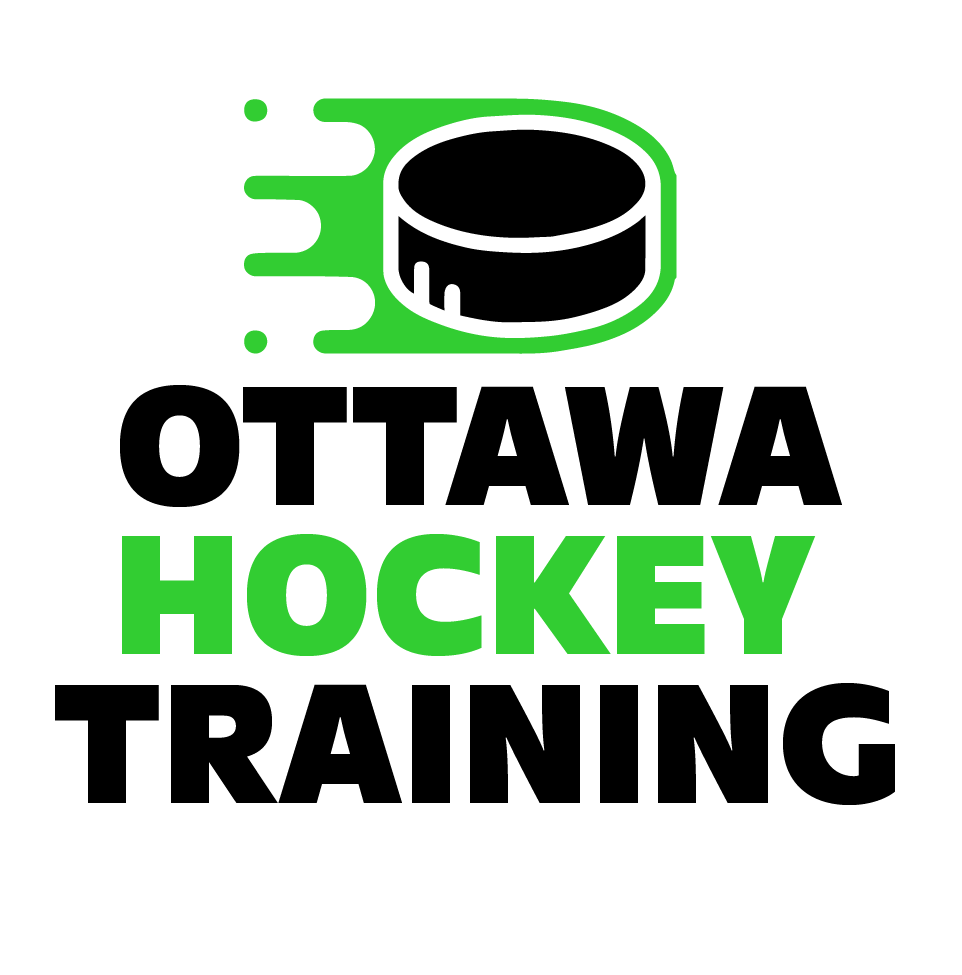
Goalie Training Tips: Overusing the RVH
We’re asked by students at our goalie training sessions, their parents, and team coaches on a regular basis what will take their goaltender’s game to the next level. For many young goaltenders, there is a consistent element of the game which is missing.
There’s no shortage of goaltenders who are agile and who have great explosive power, who work extremely hard during team practices, goalie training sessions, and throughout the off-season. But although these goaltenders have many of the skills required to be good goaltenders, lacking patience can make the difference between good and great.
 If I had a dollar for every time that I’ve told a student that there’s times that you need to take a step back in order to take two steps forward, I could afford to not brown bag my lunch every day. In many cases, this can be interpreted as applying less explosive power in order to add more stability whether with sliding or skating movements. However, what I’d really like to discuss is the overuse of the Reverse Vertical Horizontal (RVH) due to a lack of patience.
If I had a dollar for every time that I’ve told a student that there’s times that you need to take a step back in order to take two steps forward, I could afford to not brown bag my lunch every day. In many cases, this can be interpreted as applying less explosive power in order to add more stability whether with sliding or skating movements. However, what I’d really like to discuss is the overuse of the Reverse Vertical Horizontal (RVH) due to a lack of patience.
Understanding the Game
The RVH has its place in our game, but recognizing when and how to use it is a continuous challenge for many young goaltenders. Goalies have a lot to consider: the pressure of understanding the play and passing threats which are developing around their crease, ensuring that their timing with the puck as it moves below the goal line is accurate, whether their defense are well positioned to take away passing threats or lift sticks, etc.
Many goaltenders will play it safe by taking away the bottom of the net in case of a wrap-around or a pass above the goal line to the short side. But at times, moving off of the post while turning your head, combined with committing low early (as seen in the video below) may actually create a scoring opportunity for the opposition.
Check out this beautiful passing play:
Sure, it was a sweet goal and an even sweeter pass, but being more patient in this situation may have provided the goaltender with a better opportunity to track the reversal pass. What’s more concerning is that very little attention was paid to the puck carrier’s body language.
Breaking it Down
 If you were to watch the clip again, you would see that once the puck gets to approximately the mid-point of the net, there is no body language such as the arms being extended in front of the body in order to beat the goaltender to the post, or the skates taking an angle toward the far side of the net. Therefore, there’ isn’t any indication that there will be a wrap around executed. But the goaltender would have realized this if he had been more patient rather than turning his head while moving from one post to another.
If you were to watch the clip again, you would see that once the puck gets to approximately the mid-point of the net, there is no body language such as the arms being extended in front of the body in order to beat the goaltender to the post, or the skates taking an angle toward the far side of the net. Therefore, there’ isn’t any indication that there will be a wrap around executed. But the goaltender would have realized this if he had been more patient rather than turning his head while moving from one post to another.
Adjusting with Patience
Instead of turning while moving, goaltenders can either utilize standing movement while applying the 4 Windows, or execute the first three of the 4 Windows application before sliding into and RVH if the puck is carried from one side of the net to the other below the goal line. By tracking the puck with less aggression and more diligence, the goaltender may have realized the reversal earlier, and being on his feet would have allowed him to transition back to the short-side post just in time for the shot.
For more information of how to correctly apply the techniques listed within this article, please join us for our goalie training sessions. Learn more…

Leave a Reply